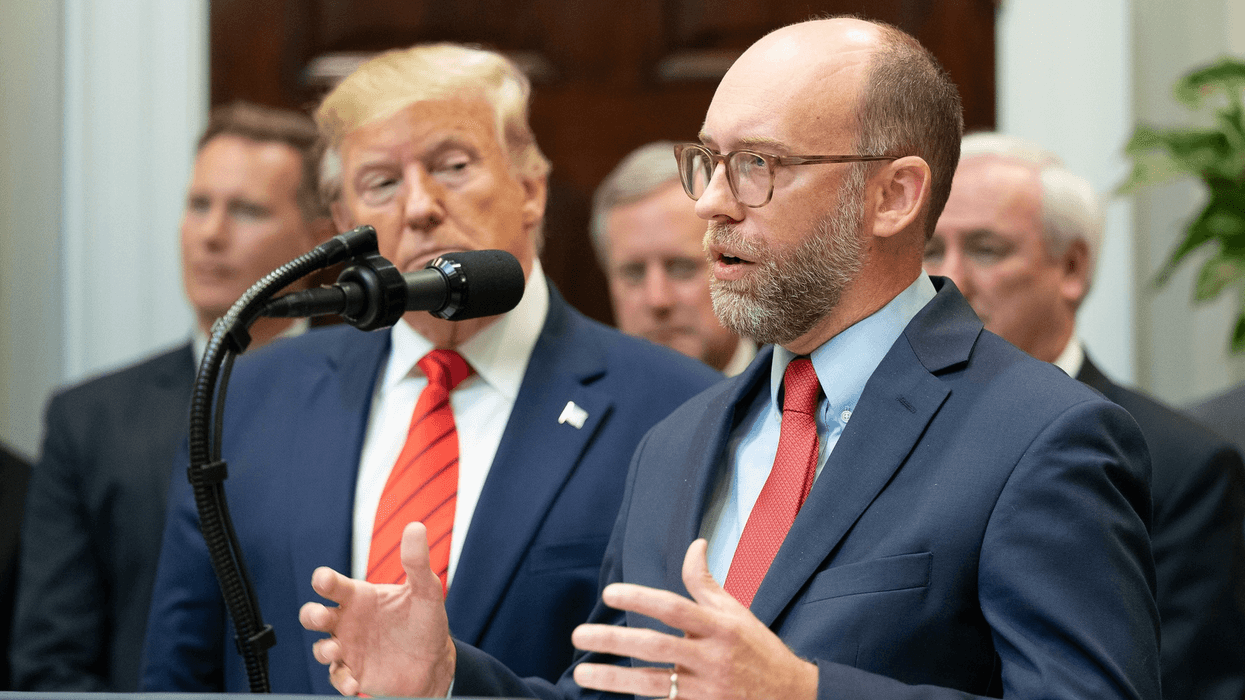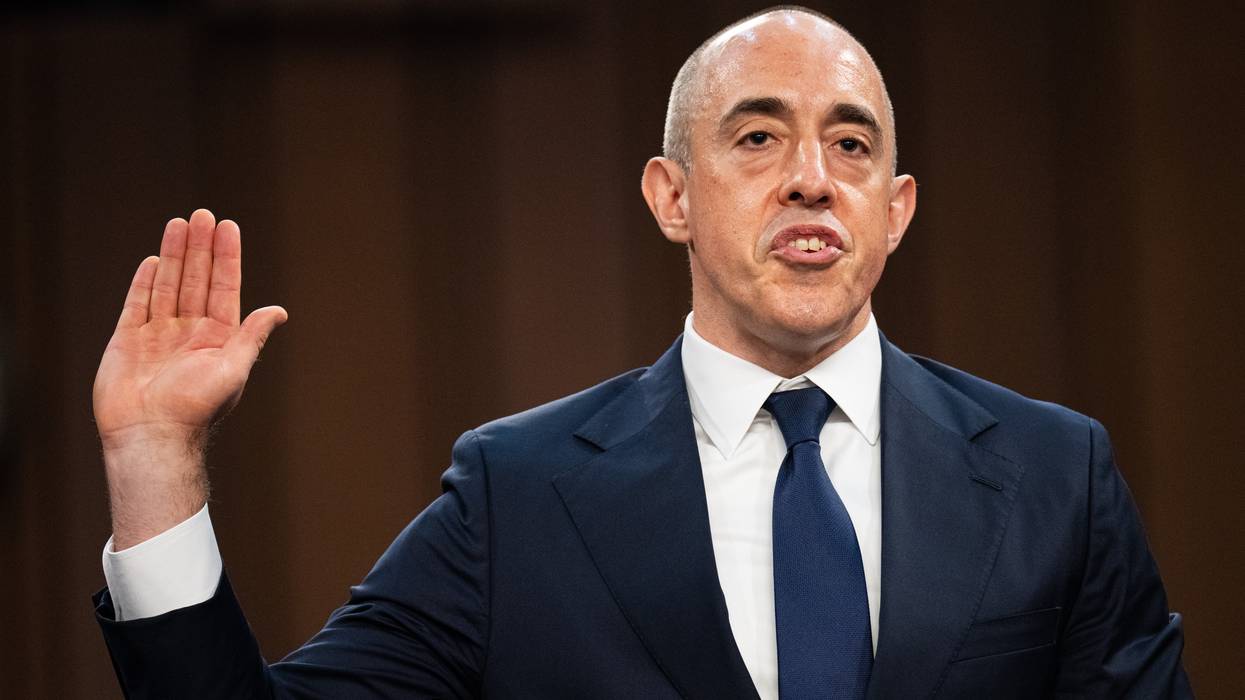Rather than ferreting out corruption, waste, fraud, abuse, and mismanagement in the federal government, Trump has undermined the very professionals who have that job: inspectors general.
The Role of the IGs
In the wake of procurement scandals and President Richard Nixon’s corrupt abuse of executive power for personal ends, Congress passed the Inspector General Act of 1978 to establish formally the duties and responsibilities of the office. Inspectors general pursue their missions with nonpartisan objectives and have a central role in holding government accountable.
Approximately half of the 70-plus inspectors general are appointed by the president, subject to Senate confirmation. They are the only independent offices within federal agencies designed to protect taxpayer money and root out corruption, fraud, waste, and mismanagement. IGs also investigate whistleblowers’ confidential claims.
Over the almost 50 years of their statutory existence, they have saved taxpayers billions of dollars.
Trump’s Escalating War on Independent IGs
For Trump and his allies, independent inspectors general have been a nuisance and worse. Following acquittal in his first impeachment, he replaced IGs for the intelligence community, State Department, Defense Department, Health and Human Services, and Transportation Department.
In his second term, Trump has moved more broadly and more rapidly. Typically, IGs remained in place when new presidents took office, underscoring their nonpartisan roles. But in violation of the statutory 30-day notice and “for cause” requirements for termination, Trump fired 17 of them during the first week of his second term. He had appointed several of them during his first term.
So the next time Trump and his allies say they’re eliminating “waste, fraud, and abuse” in the federal government, remember that Trump is actually doing the opposite: clearing away key guardrails of accountability.
During post-termination interviews with the New York Times, the fired IGs said that their biggest concern was the “chilling effect” that their abrupt, unlawful, and unjustified terminations would have on others. Professor Timothy Snyder calls it “obeying in advance.” The inspectors general used similar language to describe their fears:
“Self-censorship”
“Why would you want to write a report that will get you fired?”
“Installing someone who has more loyalty to one person than to the mission of the office.”
“If you do the work that you’re intended to do and it’s not popular, then you will be punished.”
“Who will speak truth to power?”
The concerns were justified. Trump doesn’t want anyone speaking truth to his power.
On Tuesday, February 11, the inspector general for the United States Agency for International Development (USAID), Paul Martin, issued a report criticizing Trump’s proposed dismantling of that agency and outlining the disastrous consequences. The next day, Trump fired him.
Final Act of Destruction
On September 28, 2025, Trump’s Office of Management and Budget (OMB) announced that effective October 1 it was defunding the Council of the Inspectors General on Integrity and Efficiency. It was a strategic kill shot because the council is the umbrella agency supporting all of the inspectors general offices.
Beginning on October 1, what had been the website for the council stated only:
Due to a lack of apportionment of funds, this website is currently unavailable.
The same line appeared at numerous Office of Inspector General websites, including the Departments of Agriculture, Education, Justice, Interior and Veterans Affairs, and by those of AmeriCorps, Export-Import Bank of the United States, Federal Trade Commission, International Trade Commission, National Archives and Records Administration, Nuclear Regulatory Commission, Office of Personnel Management, Smithsonian Institution, and Treasury Inspector General for Tax Administration.
Contacting the watchdog website for the National Labor Relations Board's OIG page resulted in a “404 error.” The Architect of the Capitol’s IG page said “Not found”; another new page offered only hotline information and blamed the change on a “funding issue impacting Oversight.gov functions.”
The council also runs Oversight.gov, which houses over 34,000 reports from most of the OIGs, and operates 28 OIG websites that host legally required hotlines for whistleblowers to report suspected cases of government corruption, waste, fraud, abuse, and mismanagement. That site was down too. The council site’s link to the “Inspectors General directory” stated only: “Not Found—the requested URL was not found on this server.”
Not a Funding Issue
But the so-called “lack of funds” asserted on the inoperative council website was not the result of the simultaneous government shutdown. The council’s budget did not require additional congressional authorization.
Rather, the OMB under the leadership of Director Russell Vought decided not to fund it. Vought, a self-described Christian nationalist, was a primary architect of Project 2025—a 900-page blueprint for expanding executive power (“the unitary executive”) and imposing an ultraconservative social vision. During the 2024 campaign, Project 2025 was so toxic that Trump repeatedly disavowed and claimed to know nothing about it; as president, he’s boasting about working with Vought to implement it.
Asked about its defunding decision, the OMB asserted without evidence that it shut down the IGs because they had “become corrupt, partisan, and in some cases, have lied to the public.”
Even Senate Republicans were outraged. Sens. Susan Collins (R-Maine), the chairwoman of the Appropriations Committee, and Chuck Grassley (R-Iowa) chairman of the Judiciary Committee, called on the White House to release the funding immediately.
So far, it hasn’t.
So the next time Trump and his allies say they’re eliminating “waste, fraud, and abuse” in the federal government, remember that Trump is actually doing the opposite: clearing away key guardrails of accountability.
And remember that when Republicans in Congress say they are “outraged” at some action Trump has taken, don’t expect them to do anything about it.




